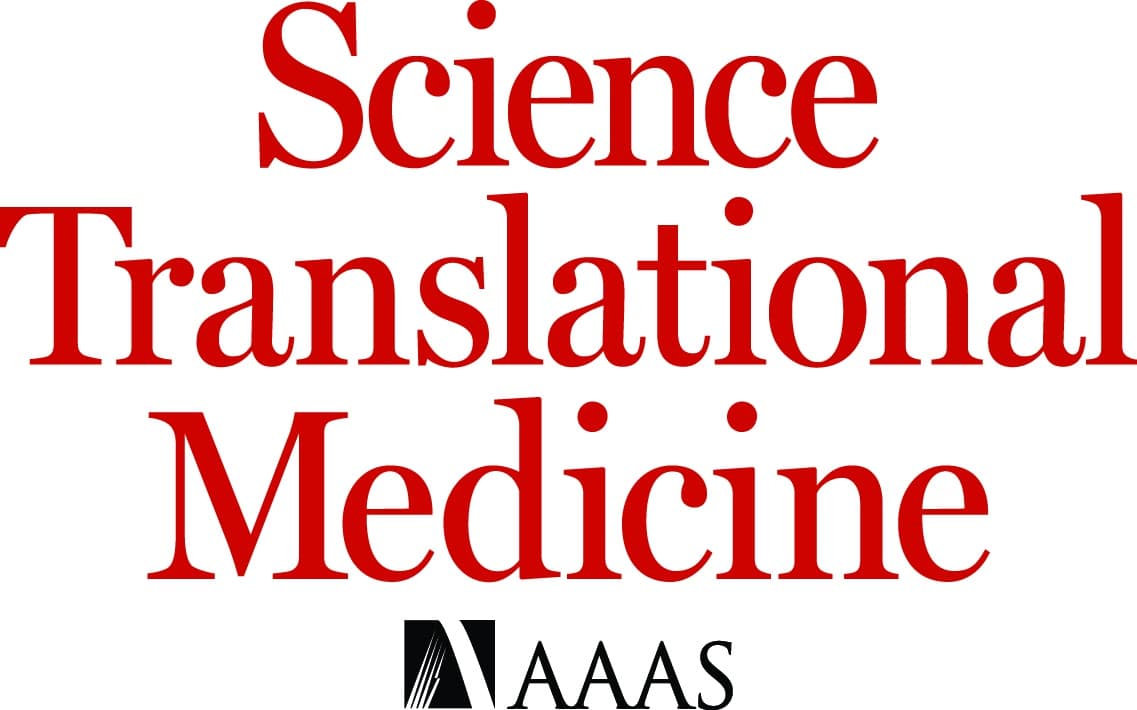Science: Bispecific antibodies targeting distinct regions of the spike protein potently neutralize SARS-CoV-2 variants of concern

Hyeseon Cho, Kristina Kay Gonzales-Wartz, Deli Huang, Meng Yuan, Mary Peterson, Janie Liang, Nathan Beutler, Jonathan L. Torres, Yu Cong, Elena Postnikova, Sandhya Bangaru, Chloe Adrienna Talana, Wei Shi, Eun Sung Yang, Yi Zhang, Kwanyee Leung, Lingshu Wang, Linghang Peng, Jeff Skinner, Shanping Li, Nicholas C. Wu, Hejun Liu, Cherrelle Dacon, Thomas Moyer, Melanie Cohen, Ming Zhao, F. Eun-Hyung Lee, Rona S. Weinberg, Iyadh Douagi, Robin Gross, Connie Schmaljohn, Amarendra Pegu, John R. Mascola, Michael Holbrook, David Nemazee, Thomas F. Rogers, Andrew B. Ward, Ian A. Wilson, Peter D. Crompton, Joshua Tan
Overview
The emergence of severe acute respiratory syndrome coronavirus 2 (SARS-CoV-2) variants of concern threatens the efficacy of existing vaccines and therapeutic antibodies and underscores the need for additional antibody-based tools that potently neutralize variants by targeting multiple sites of the spike protein. We isolated 216 monoclonal antibodies targeting SARS-CoV-2 from plasmablasts and memory B cells collected from patients with coronavirus disease 2019. The three most potent antibodies targeted distinct regions of the receptor-binding domain (RBD), and all three neutralized the SARS-CoV-2 Alpha and Beta variants. The crystal structure of the most potent antibody, CV503, revealed that it binds to the ridge region of SARS-CoV-2 RBD, competes with the angiotensin converting enzyme 2 receptor, and has limited contact with key variant residues K417, E484 and N501. We designed bispecific antibodies by combining non-overlapping specificities and identified five bispecific antibodies that inhibit SARS-CoV-2 infection at concentrations of less than 1 ng/mL. Through a distinct mode of action, three bispecific antibodies crosslinked adjacent spike proteins using dual N-terminal domain-RBD specificities. One bispecific antibody was greater than 100-fold more potent than a cocktail of its parent monoclonals in vitro and prevented clinical disease in a hamster model at a 2.5 mg/kg dose. Notably, two bispecific antibodies in our panel comparably neutralized the Alpha, Beta, Gamma and Delta variants and wild-type virus. Furthermore, a bispecific antibody that neutralized the Beta variant protected hamsters against SARS-CoV-2 expressing the E484K mutation. Thus, bispecific antibodies represent a promising next-generation countermeasure against SARS-CoV-2 variants of concern.
Introduction
The severe acute respiratory syndrome coronavirus 2 (SARS-CoV-2) emerged in Wuhan, China in 2019 and rapidly spread across the globe, giving rise to a pandemic that has infected over 214 million individuals and caused 4.5 million deaths worldwide at the time of writing . Remarkably, by the end of 2020, several vaccines to prevent SARS-CoV-2 infection became available to the public due to an unprecedented research and production effort. Although more than 5 billion vaccine doses have been administered worldwide to date, the most recent global surge continues to cause over 600,000 new cases per day of coronavirus disease 2019 (COVID-19), the disease caused by SARS-CoV-2 infection.
To download the rest of the peer-reviewed publication, please fill out the short form below. Thank you.
